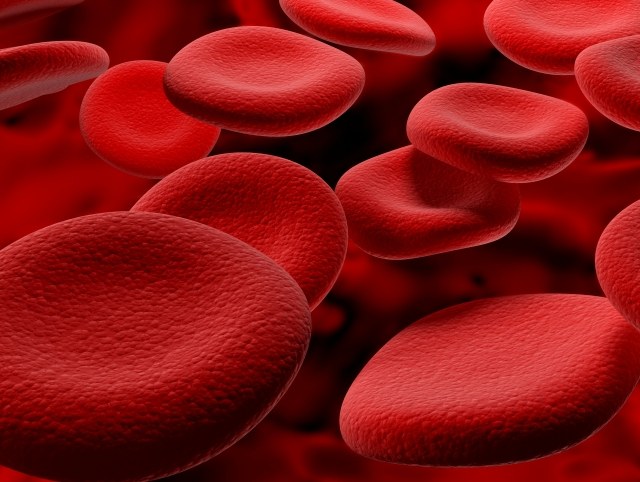The physiological reasons for the increase of erythrocytes
Often, during laboratory analysis of blood revealed that the patient has increased blood cells. Normally, the content of erythrocytes in the blood is: women - 3,6-4,9x10*12 /l, in men and 4.1-5,2x10*12 /l, in children – 4,0-6,6 × 10*12 /l. Exceeding this norm occurs is influenced by many factors external and internal environment. Physiologic polycythemia occurs in the higher altitudes, where increased concentration of oxygen in the air. The increase in the number of erythrocytes is observed in professional athletes because their bodies absorb more oxygen than ordinary people. In these cases, this is completely normal, it does not require treatment.
The reasons for the increase of erythrocytes in the blood
In most cases, polycythemia indicates the presence of disease. For example, increased levels of red blood cells in the blood of children may be the result of severe dehydration in children such violation causes vomiting and diarrhea. In adults polycythemia from dehydration is diagnosed much less frequently. The increase in the number of erythrocytes often occurs as a compensatory response in some diseases of the heart. When dysfunction of the heart muscle tissue does not receive the necessary amount of oxygen, it develops polycythemia.
Often elevated blood cells may indicate pathology in the respiratory system (bronchitis, inflammation, rhinitis, intense allergic reactions), since the reduction of the lumen of the Airways in the body decreases the amount of inhaled oxygen. In some cases, polycythemia is associated with impaired bone marrow function, which begins to produce an increased number of red blood cells. Sometimes the increase in red blood cells may indicate cancer of the kidneys and liver.
The reasons for the increase of erythrocytes in the urine
Fairly common problem are the increased red blood cells in the urine. In norm in General, the analysis of urine red blood cells contained in the amount of 0-2 in the field of view. If you exceed this number indicates a serious disease. In particular, blood in the urine is observed in acute and chronic glomerulonephritis, in the formation of kidney stones. The appearance of tumors (benign or malignant) in the kidneys or urinary channel, also is accompanied by increased red blood cells. If such violations are necessary to urgently conduct further research and to begin therapy.
